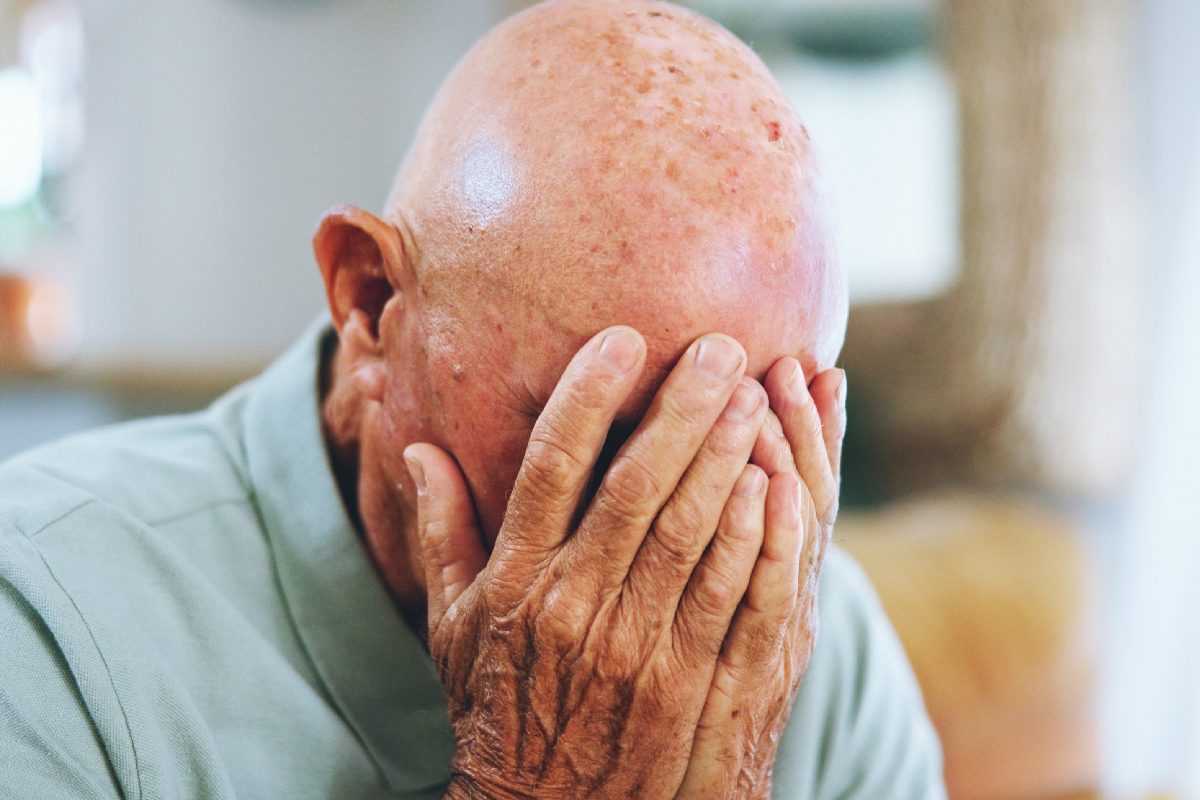Geriatric depression is a serious health condition that affects many older adults. It’s more than just feeling sad occasionally; it’s a medical problem that can make it hard to stay healthy or connect with loved ones. Many older adults might not even realize they are struggling with depression because they think it’s a normal part of aging.
But it’s not. The good news is that help is available, and with the right care, elderly patients can feel better. Keep reading to learn more about elderly depression and how to identify it.
Signs of Geriatric Depression
Unlike depression in younger adults, it can look different for older adults. Knowing the signs is important so your loved ones can get the help they need.
Here are some signs of elderly depression:
- Changes in appetite or weight
- Physical problems like aches and pain without a clear cause
- Feeling sad or anxious most of the time
- Trouble concentrating or remembering decisions
- Having problems sleeping or oversleeping
- Losing interest in activities they once enjoyed
- Attempting suicide or thoughts of attempting suicide
The Risks of Geriatric Depression
Geriatric depression is a serious mental health concern that is often underdiagnosed or overlooked. Its symptoms are frequently mistaken for normal aging or attributed to other health issues such as dementia or diabetes. However, leaving geriatric depression untreated can lead to a variety of serious consequences. Some common risks your loved ones may face include:
- Functional decline
- Cognitive impairment
- Increased likelihood of poor physical health, including reduced mobility, fatigue, and malnutrition
- Complications with managing chronic medical conditions
- Social isolation
- Dementia
- Reduced quality of life
- Suicidal ideation or action
Treatment for Geriatric Depression
Treatment for geriatric depression in older adults differs for each patient. It’s important to find out what might work best for each person. Some treatment options for geriatric depression include:
- Medication – Once the signs of depression have been confirmed, doctors may prescribe antidepressants.
- Holistic Care – For older adults, small lifestyle changes can go a long way in improving their mood and overall well-being. For example, eating a balanced diet, staying physically active, and spending time in nature. These are all part of holistic care.
- Counseling – Counseling is another effective way to help elderly patients. It gives them a safe space to share their thoughts and feelings with someone who will listen and understand. While we don’t offer counseling at our clinic, we are committed to ensuring our patients get proper care and would be happy to provide a referral.
Get Help for Geriatric Depression From an Edinburg Geriatric Care Clinic
If you or a loved one is showing signs of geriatric depression, don’t wait to get help. Reach out to an experienced Edinburg geriatric care clinic like Family Medicine & Geriatric Center. At our clinic, we understand that getting older can come with unique challenges, and we’re ready to get you or your loved one the care you need.
No matter the challenges, our team is here to support you every step of the way. From creating personalized geriatric care plans to providing holistic health care, our goal here at Family Medicine & Geriatric Center is to help older adults feel their best.

